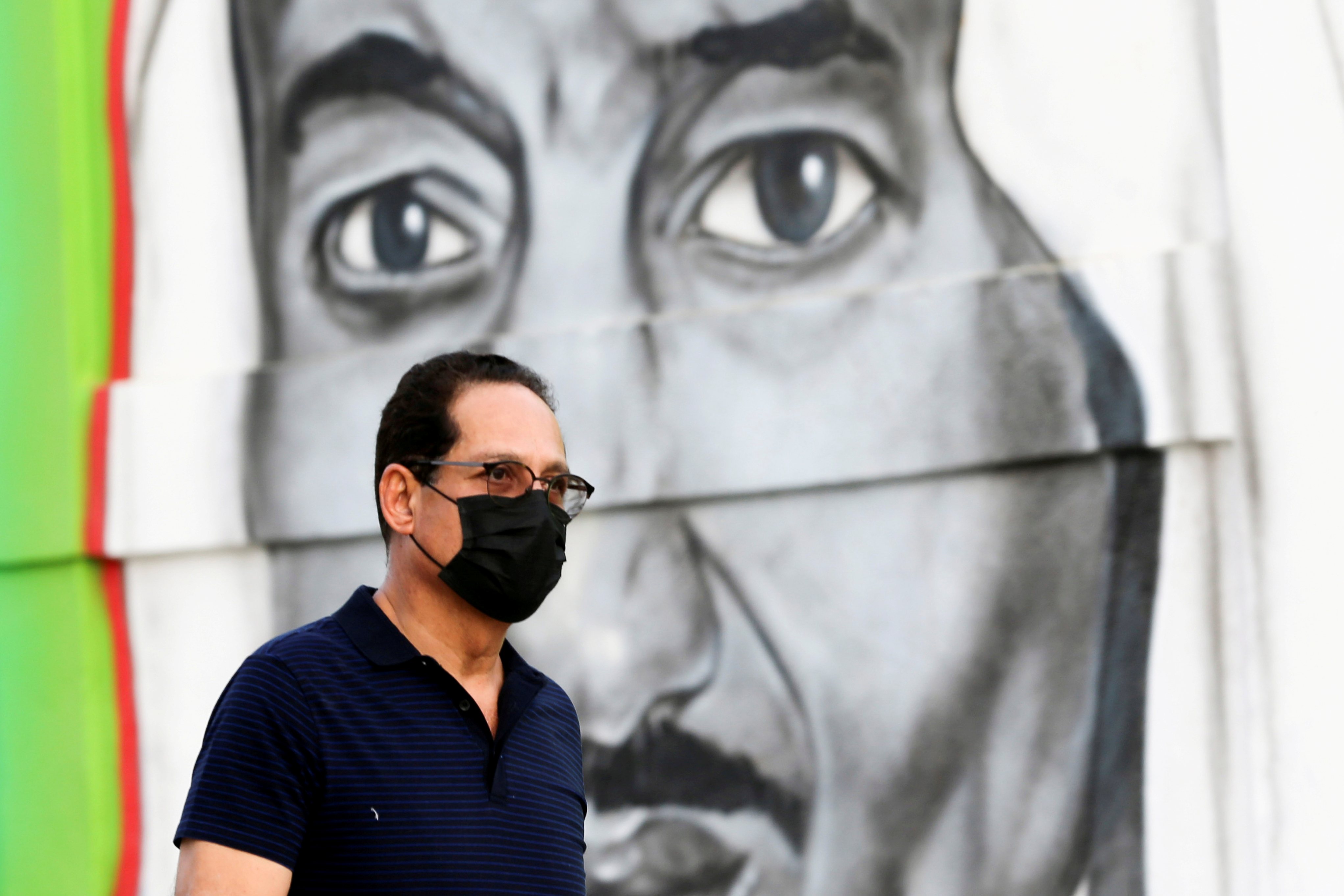The migration of Keralites to the Gulf was full-fledged in the 1970s. The growing demand for labour in the Gulf and the lack of job opportunities in Kerala led to a mass exodus of many Malayalis, who sailed through the Arabian Sea in search of their Arabi ponnu or ‘Gold from Arabia’.
Over the years, the remittances from the Middle East have not only helped the state grow economically but has also improved the standard of living of a good proportion of the lower-middle class and middle-class families.
The arrival of somebody from the Gulf used to be a feat for the people around. They would always bring a treasure box of gifts: from chocolates to perfume to duty-free alcohol. Before chocolates like Snickers and Bounty became popular at nearby supermarkets, I remember tasting them only when someone came home from the Gulf.
Every guest who visited them or every house they went to – all of them received some gift, however small it would be. Many of those gifts are now available in our towns, but there was something endearing about a gift from a Gulf-returned uncle or cousin. We all knew that this gift was the result having lived away for long in an unknown land.
However, over the last few years, we have been hearing a lot about the unfavourable environment for foreign employees in the Gulf – lower prices of crude oil, economic crisis, Saudi nationalisation (the Nitaqat law prioritises Saudi nationals over others for jobs) – to name a few.
And now, the COVID-19 pandemic has exacerbated this issue over the last few months. Many Malayali repatriates today have left the Gulf once and for all. Arguably, Kerala is expected to face an economic crisis, owing to lesser remittances and more unemployment among the returnees. But beyond this, beyond the employment crisis, there is more to a section of Malayali about not being able to ever go back to the land of sand.
Also read: On Growing Up Malayali in Maharashtra
The stories of the Gulf Malayali have been doing rounds in movies, songs and books for a long time now. The life and struggles of the Malayali labourer in ‘Arabi naadu’ (literally, Arab land) is something that the Malayalis have grown used to and have familiarised themselves with in the last 50 years.
The Gulf migration had helped many Malayalis, especially from Malabar (north Kerala) to dream big. In fact, very literally to dream big – to have bigger houses, to buy bigger cars, to celebrate bigger. The standard of living improved and so did the self-esteem of many families which had at least one of their members toiling in the Arab land.
Children grew up watching their father’s annual or biennial visits, newly wedded wives sent off their husbands eyed in the hope of upward mobility. Migrating to the Gulf in search of a job has always been both the main plan and the backup plan, mostly for the young people with basic qualifications. And more often than not, the migration took place as a result of a network – friend’s uncle’s friend, dad’s brother, neighbour’s cousin and so on and so forth.
With many returning home, I wonder if the ordinary Malayali’s dreams would change. Without a scope of going and/or returning to the Gulf, will the population of unemployed youth stagger?
If that happens, we would also lose the networks built over the years, in crammed labour accommodations in a foreign land; the networks of sending gifts home and bringing the Malayali palate to whitewashed dormitories.
With the Gulf dream slipping away, these people would perhaps be forced to live their lives in small towns, minding their own businesses and making do with what they have. For someone who has lived in the Gulf for more than a decade, this would mean that they need to start from scratch, to be able to find jobs and opportunities.
In one sense, we all knew that the opportunities in the Gulf were not an akshayapatra (inexhaustible vessel) – it had to come to an end one day. However, it remains to be seen whether there will be another place for the eager Malayali to migrate to find better opportunities than what the God’s Own Country can provide.
Vasundhara Krishnan is in the final year of her masters in society and culture at IIT Gandhinagar.
Featured image credit: Reuters

